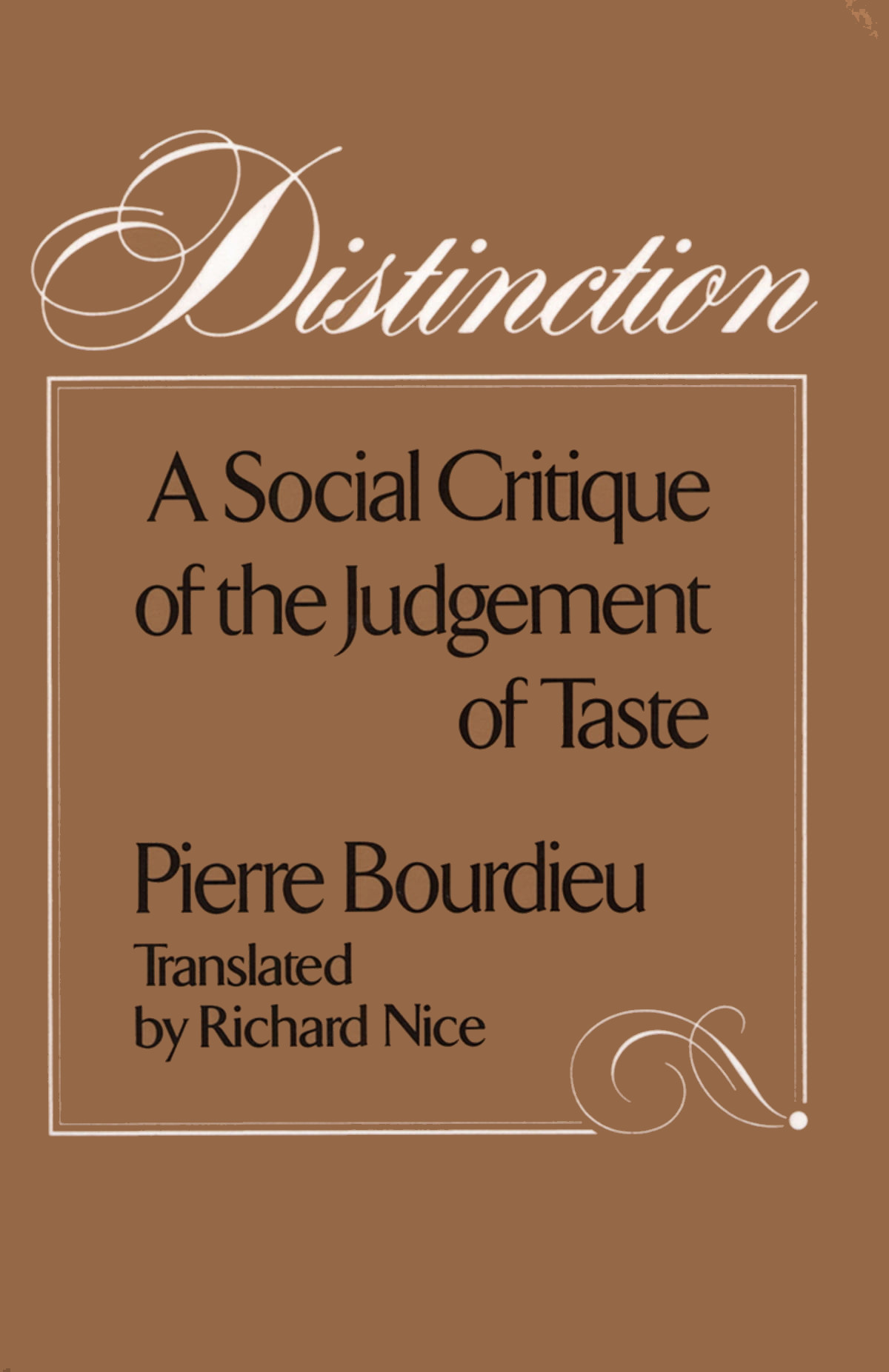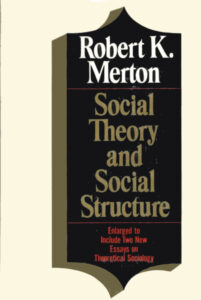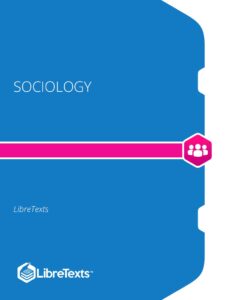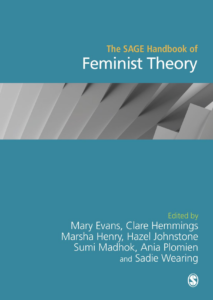Summary
Result of a titanic work of empirical research that combines diverse statistical and ethnographic methods, Distinction: A Social Critique of the Judgment of Taste is the most important work of the French sociologist Pierre Bourdieu.
Published in 1979, this book puts into practice the most important Bourdieusian theoretical battery (Habitus, Field, Social Space and Cultural Capital) in a terrain of sociological reflection almost unexplored at the time: the taste. Based on material from numerous surveys on cultural consumption in France during the 1970s, the sociologist Pierre Bourdieu strongly criticizes the idea of common sense, and certain philosophical and literary traditions, which attribute the formation of (good/ bad) taste to human nature.
On the contrary, the author highlights the strong statistical correlation between the appropriation of cultural goods (music, painting, photography, eating habits, sports, etc.), the level of instruction and the social origin. In other words: “The title of the work is there to remember that what we commonly call distinction, that is, a certain quality, that does not exist but in and for the relationship with other properties”.
Testimonials
“A complex, rich, intelligent book. It will provide the historian of the future with priceless materials and it will bring an essential contribution to sociological theory.”
Fernand Braudel
“One of the more distinguished contributions to social theory and research in recent years … There is in this book an account of culture, and a methodology of its study, rich in implication for a diversiry offields of social research. The work in some ways redefines the whole scope of cultural studies.”
Anthony Giddens
“A book of extraordinary intelligence.”
Irving Louis Horowitz
“Bourdieu’s analysis transcends the usual analysis of conspicuous consumption in two ways: by showing that specific judgments and choices matter less than an esthetic outlook in general and by showing, moreover, that the acquisition of an esthetic outlook not only advertises upper-class prestige but helps to keep the lower orders in line. In other words, the esthetic world view serves as an instrument of domination. It serves the interests not merely of staniS but of power. It does this, according to Bourdieu, by emphasizing individuality, rivalry, and ‘distinction’ and by devaluing the weU-being of society as a whole.”
Christopher Lasch
Contents
- Part I. A Social Critique of the Judgement of Taste
- 1 The Aristocracy of Culture
- The Titles of Cultural Nobility
- Cultural Pedigree
- Part II. The Economy of Practices
- 2 The Social Space and Its Transformations
- Class Condition and Social Conditioning
- A Three-Dimensional Space
- Reconversion Strategies
- 3 The Habitus and the Space of Life-Styles
- The Homology between the Spaces
- The Universes of Stylistic Possibles
- 4 The Dynamics of the Fields
- The Correspondence between Goods Production and Taste Production
- Symbolic Struggles
- Part III. Class Tastes and Lift-Styles
- 5 The Sense of Distinction
- The Modes of Appropriation of the Work of Art
- The Variants of the Dominant Taste
- The Mark of Time
- Temporal and Spiri tual Powers
- 6 Cultural Goodwill
- Knowledge and Recognition
- Education and the Autodidact
- Slope and Thrust
- The Variants of Petit-Bourgeois Taste
- The Declining Petite Bourgeoisie
- The Execu tant Peti te Bourgeoisie
- The New Petite Bourgeoisie
- From Duty to the Fun Ethic
- 7 The Choice of the Necessary
- The Taste for Necessity and the Principleof Conformity
- The Effects of Domination
- 8 Culture and Politics
- Selective Democracy
- Status and Competence
- The Right to Speak
- Personal Opinion
- The Modes of Production of Opinion
- Dispossession and Misappropriation
- Moral Order and Political Order
- Class Habitus and Political Opinions
- Supply and Demand
- The Political Space
- The Specific Effect of Trajectory
- Political Language
- Conclusion: Classes and Classifications
- Embodied Social Structures
- Knowledge without Concepts
- Advantageous Attributions
- The Classification Struggle
- The Reality of Representation and the Representation of Reality
- Postscript: Towards a 'Vulgar' Critigue of 'Pure'
- Critiques
- Disgust at the 'Facile'
- The 'Taste of Reflection' and the 'Taste of Sense'
- A Denied Social Relationship
- Parerga and Paralipomena
Extract
Sociology is rarely more akin to social psychoanalysis than when it confronts an object like taste, one of the most vital stakes in the struggles fought in the field of the dominant class and the field of cultural production. This is not only because the judgement of taste is the supreme manifestation of the discernment which, by reconciling reason and sensibility, the pedant who understands without feeling and the mondain who enjoys without understanding, defines the accomplished individual. Nor is it solely because every rule of propriery designates in advance the project of defining this indefinable essence as a clear manifestation of philistinism-whether it be the academic propriety which, from Alois Riegl and Heinrich Wolfflin to Elie Faure and Henri Focillon, and from the most scholastic commentators on the classics to the avant-garde semiologist, insists on a formalist reading of the work of art; or the upperclass propriety which treats taste as one of the surest signs of true nobility and cannot conceive of referring taste to anything other than itself.
Here the sociologist finds himself in the area par excellence of the denial of the social.
Book Details
| Title |
Distinction Pierre Bourdieu |
| Subtitle |
A Social Critique of the Judgement of Taste |
| Author |
Pierre Bourdieu |
| Publisher |
Harvard University Press |
| Date |
1984 |
| Pages |
931 |
| Country |
USA |
| ISBN |
0674212770 |
| Translation |
Richard Nice |
| Format |
PDF |
| Filesize |
45.6 MB |
| URL |
Pierre Bourdieu Distinction Pierre Bourdieu pdf |




